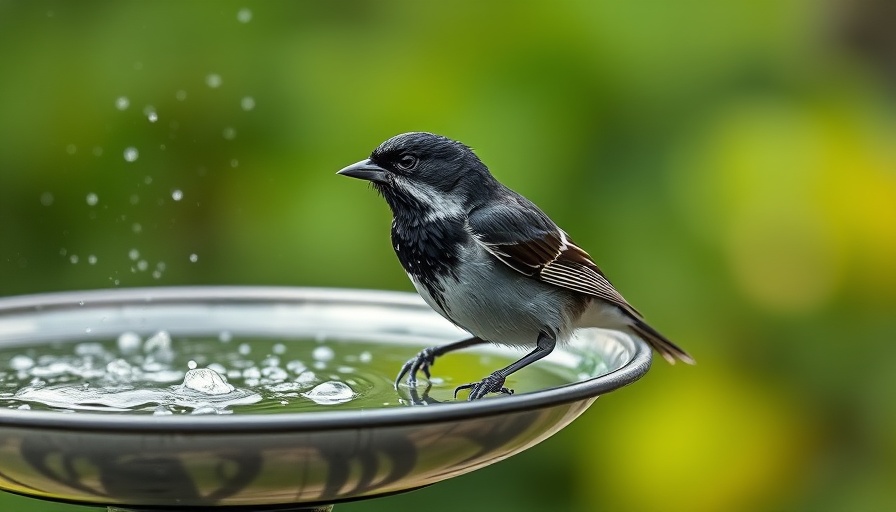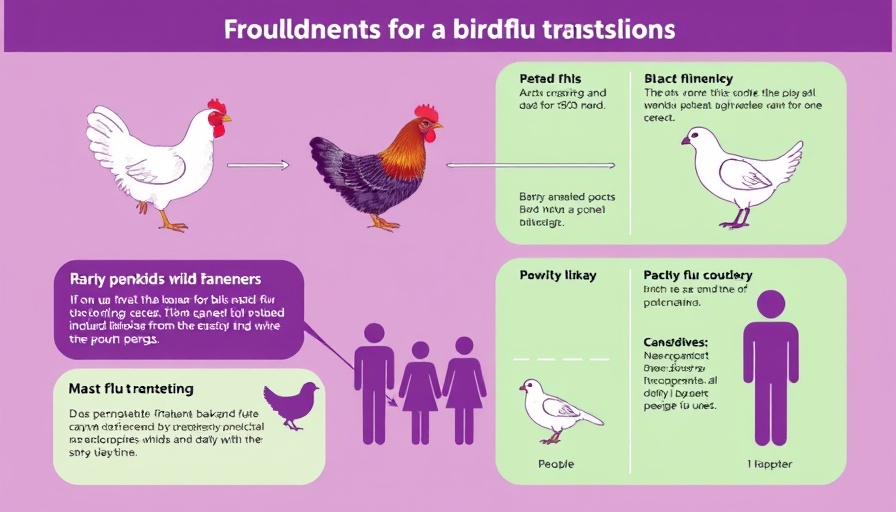
Why Clean Bird Baths Matter for Birds' Health
A bird bath is an essential feature in your garden, serving as a vital resource for local wildlife. Birds rely on these sources for not just drinking but also bathing, which aids in keeping their feathers clean and well-maintained for insulation and flight. However, neglecting bird bath maintenance can lead to severe health risks for the birds you aim to assist.
The Risks of Dirty Bird Baths
A dirty bird bath can quickly turn into a breeding ground for harmful pathogens. Stagnant water accumulates debris leading to the growth of algae and bacteria. Common bacteria such as Salmonella and E. coli, introduced through droppings and decaying leaves, can cause severe illness in birds. Moreover, a shared water source can transmit diseases like avian pox, resulting in respiratory infections. Besides, stagnant water can also become a mosquito breeding ground, posing risks to both birds and humans.
Recommended Cleaning Frequency
The routine for cleaning bird baths varies based on several factors, including weather conditions and bird activity. However, guidelines suggest the following:
- Daily: Especially during hot weather or previous high bird visitation, it's important to empty, rinse, and refill.
- Every Few Days: In moderate temperatures, aim for a rinse and scrub every two or three days.
- Weekly: A thorough scrub at least once a week is necessary to remove any developing biofilm.
- Monthly/Seasonally: A deeper clean with a diluted disinfectant should be performed at least once per month.
Simple Steps for Effective Maintenance
Cleaning your bird bath doesn’t need to be a daunting task. Start with a simple rinse and scrub, ensuring you eliminate debris and stagnant water. Regular maintenance not only enhances the birds' health but also turns your garden into a thriving sanctuary for various species. A clean bird bath is a beacon for local wildlife—ensure yours is up to the task!
 Add Row
Add Row  Add
Add 




Write A Comment